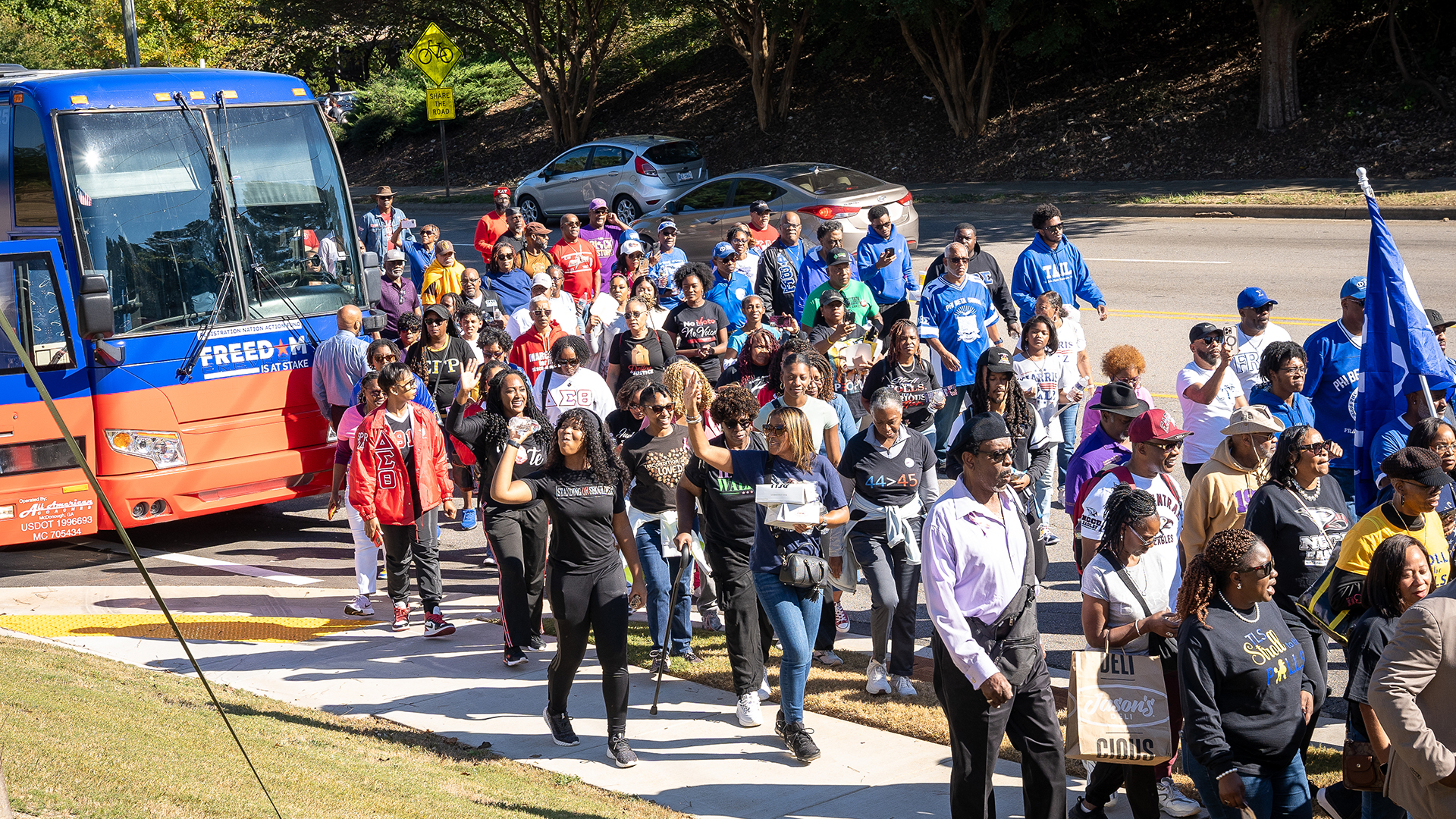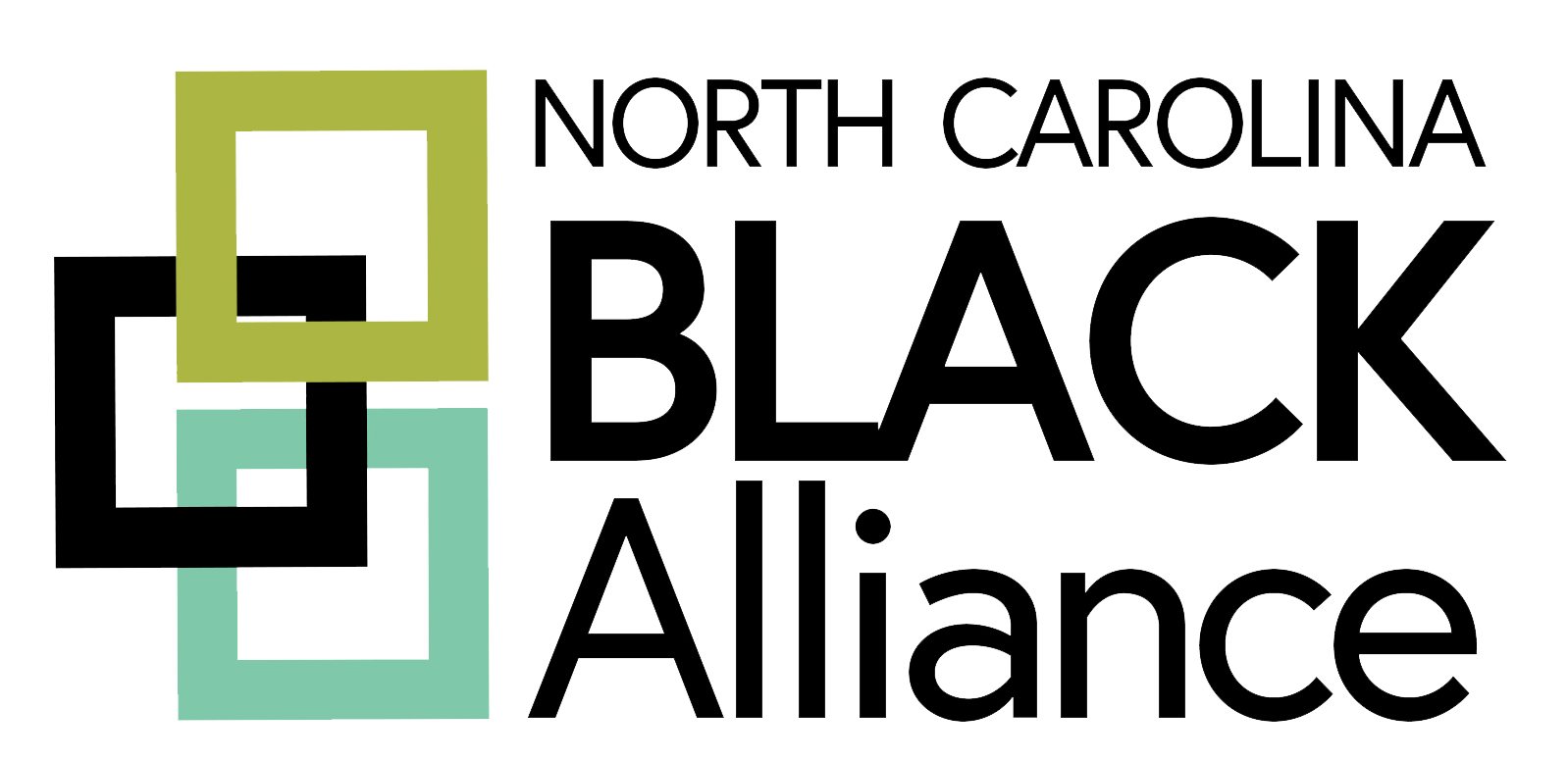NCBA mobilizes communities, drives voter turnout with research-backed approach
Black voters in North Carolina showed up in strong numbers, sending a clear message about the policies needed for communities to thrive. Grounded in active community listening and a forward-thinking, research-based strategy, North Carolina Black Alliance (NCBA) mobilized voters across the state. Alongside that engagement, NCBA invested nearly $500,000 in initiatives that benefitted environmental justice, workforce development, health care, and historically Black colleges and universities. From training certified lactation counselors in underserved counties to expanding educational opportunities, NCBA’s work reflects an unwavering commitment to empowering OUR communities at every level.
Amid rising extremist rhetoric and policies undermining community well-being, NCBA remains steadfast in advancing policies that align with community values. With a presence in 25 counties and collaborations with over 35 organizations, NCBA also sustained comprehensive voter protection. Our SafeVoterNC.org site, launched in 2020, remains a vital resource for voter information. This year’s outreach focused on educating voters about updated election laws, ensuring North Carolinians were prepared to make informed choices about our state legislature, school boards and city councils. We have the power — and the permission — to shape our future.

“Our issues are interconnected and require solutions that center working-class families and communities,” NCBA Deputy Director Marcus Bass said. “The work doesn’t stop with the election; we are committed year-round to organizing, rejecting harmful policies and safeguarding our rights, freedoms and future.”
NCBA utilized insight from the “Black Values Survey,” a collaborative dive by HIT Strategies, Sojourn Strategies and the Democracy and Power Innovation Fund that segmented Black voters into five values-based clusters. The approach highlighted the varied motivations of Black voters, from ancestral reverence to rightful cynicism, reinforcing the importance of nuanced engagement strategies in building Black electoral power. The approach equipped NCBA to message directly to Black men and Black youth who turned out to vote despite initially indicating otherwise.
Beyond Election Day
“While many voters are lamenting the loss of one candidate, more than 60,000 voters are still waiting 48 hours after the election to see whether their votes count. We are still deploying volunteers across the state to reclaim every ballot and remind our communities that democracy is more than just one election or even one candidate,” Bass said.
“Regardless of who won or lost, the next phase is about accountability to our issues, and elected officials must know they’re always responsible to our communities. Black people must feel empowered to take active roles, from our state legislature and school boards to city councils. We have the power — and the permission — to shape our future.”
